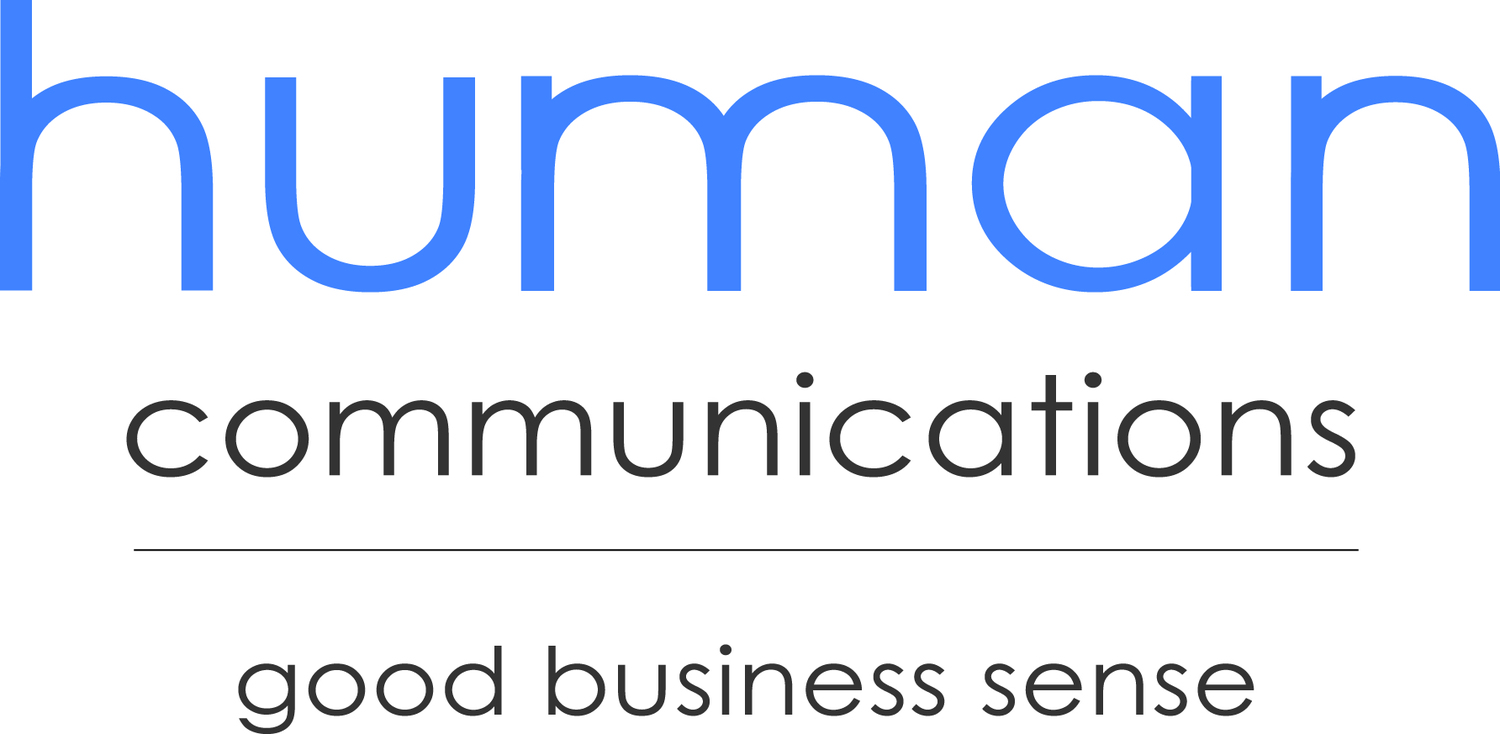Editing vs proofreading – what's the difference and which service should I choose?
If you've taken the plunge and decided to get some outside help with polishing your business documents, congratulations! Whether you're planning to use a freelance editor or proofreader or seek help from a company that provides these services, your decision will free up some of your time and allow you to focus on what you do best.
But if you're using such a service for the first time, you might need an answer to one common question: What's the difference between editing and proofreading?
We've put together this article to help explain some of the differences so you can choose the right service for you. We've focused on business editing and proofreading services here, instead of looking at how these stages are defined in the traditional publishing process.
Also, to keep things simple, we haven't delved into more detailed areas like the difference between copy-editing and developmental editing. If you want to know more about this, please just ask us.
What's the difference between editing and proofreading?
People sometimes think of editing and proofreading fairly interchangeably, knowing that both services will help to review and improve their draft document. Therefore, it can be difficult to know which service to choose when you send a document to an editing or proofreading service for review.
One good way to think about the difference between the two is this: editing tends to involve an earlier review of your draft document. Proofreading, on the other hand, is a final check of your document before you share or publish it.
Another way to differentiate them is that editing is concerned with the quality of your text, while proofreading is intended to check the accuracy of your document. Therefore, many people choose to have their document proofread after it has been edited.
Editing vs proofreading – a comparison
If you're wondering whether your document needs to be edited or proofread, the table below highlights a few of the main differences between the two services.
This isn't a definitive guide, but aims to give you a general idea of what to expect if you need to choose between editing and proofreading services. The table shows a few of the main differences between our editing and proofreading services, but other companies may take different approaches, depending on which of their services you choose.
| Editing | Proofreading |
|---|---|
| Earlier stage review | Final check of document |
| Considers tone and voice | Identifies inaccuracies |
| Aims to improve the overall flow | Checks for typos, spelling and punctuation errors |
| Suggests more extensive changes, e.g. removing or rephrasing sentences | Highlights incorrect word choices |
| Can help to blend writing, e.g. by different authors in a business document | Can check adherence to a style guide (if applicable) |
| Checks the grammar, spelling and punctuation | Checks the details of the layout |
| Can check adherence to a style guide (if applicable) | |
| Identifies inaccuracies | |
| Ensures the quality of a text |
Because editing is usually done at an earlier stage in the review process, an editor will aim to improve the tone and voice of your writing, make it consistent throughout the document and suggest ways to rephrase some of your sentences to make sure the meaning is clear.
An editor will also often highlight where phrases or sentences could be left out to make a document more concise, without altering the meaning of your text.
A proofreader, on the other hand, is more concerned with making sure your final document is error-free. Their role is not usually to suggest better ways of phrasing your text – instead, they are there to do a final check before you publish or share it.
Which service should I choose for my document?
As you can see, typical editing and proofreading services overlap in some areas. And, because it’s not always clear what is covered by each service, customers can sometimes end up requesting the wrong support – for example, asking for a document to be proofread when they really want fuller editing support.
Therefore, it’s worth considering what help you need for your document. If your text is nearly complete and you’d like to have it checked for language accuracy before sharing or publishing it, a proofreading service is likely to be the best choice. However, if you need a more extensive review, you may gain more from choosing editing support.
If you're not sure, do check with your chosen editing or proofreading service before you send them your document. Every service is different and even if you’ve worked with one company before, another firm might take a different approach. The important thing is to ask any questions you may have and be clear about what help you need.That way, most editing services will then be able to make sure they provide it.
Do you have any other questions about how to choose an editing or proofreading service online? Let us know and we'll try to answer them in a future article.
